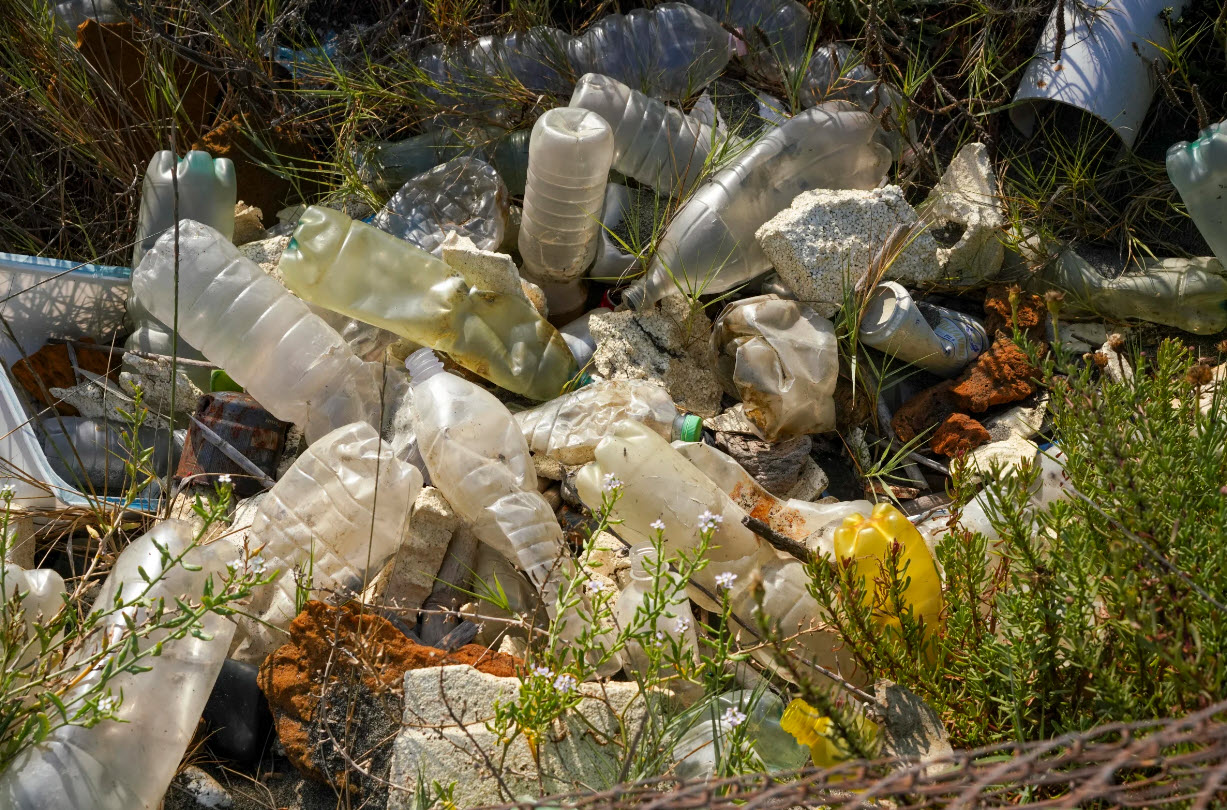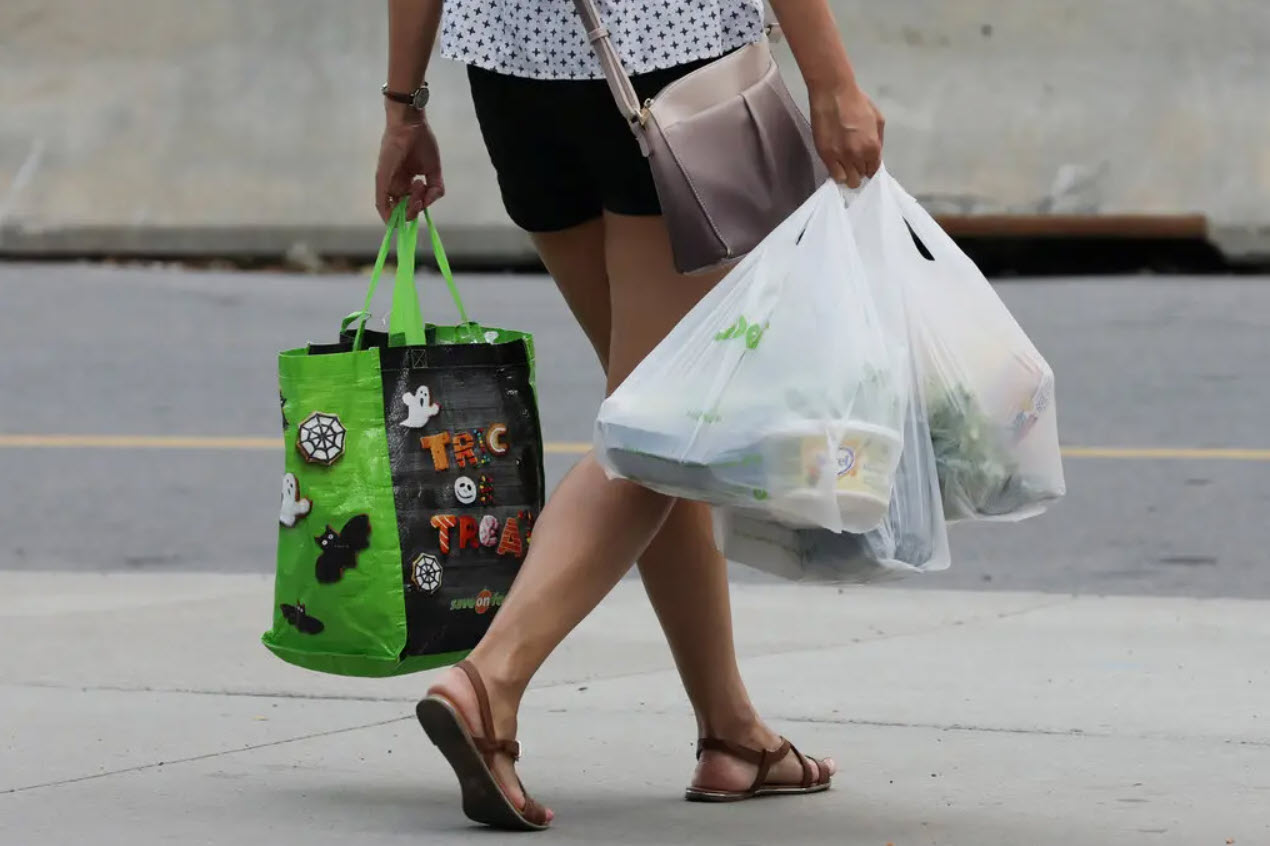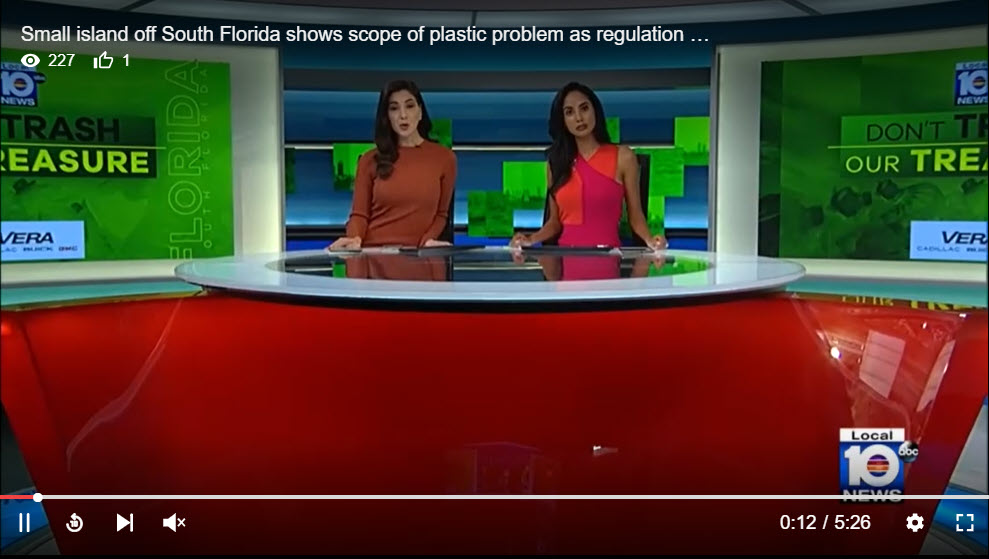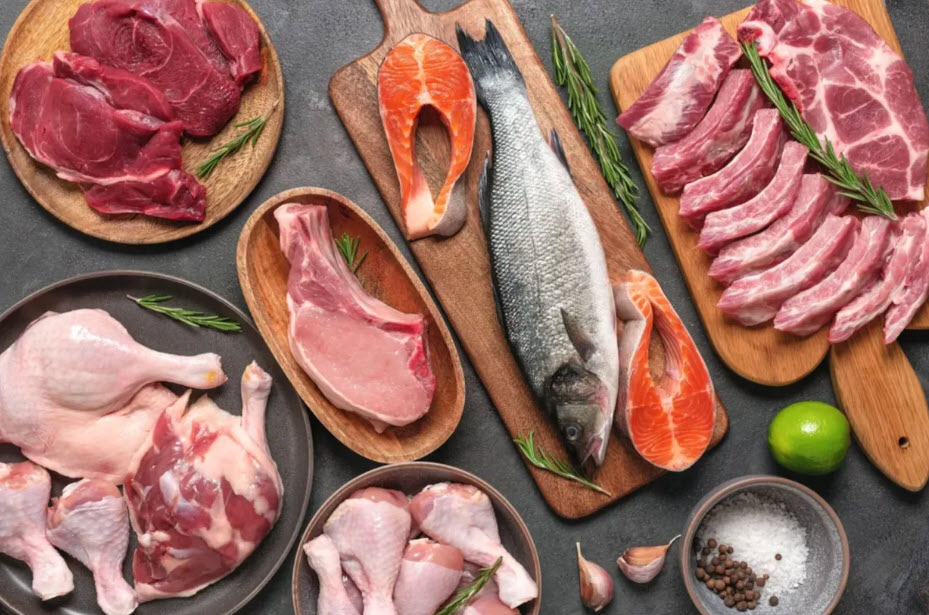As governments impose limits on plastic food packaging, climate-friendlier alternatives are in the works. Here are some that might be coming to a grocery store near you.
Author: Plastics-Free Initiative
What Does Plastic Do to the Endocrine System?
Mounting evidence shows the endocrine-disrupting chemicals in plastics are harmful to human health
Plastic fasting: How to reduce your consumption of plastic
It can sometimes seem that everything you want to buy is either made of plastic, wrapped in plastic or contains some form of plastic – in short, it’s everywhere. Plastics pollute and poison the environment and people with it, prompting many of us to try to reduce our dependence on them. The good news is that small changes in everyday life can make a big difference.
Your plastic cutting board is releasing microplastics that can get into food. Does that mean you should ditch it?
The cleanliness of cutting boards is a long-debated food safety issue, given that both wood and plastic — the most common cutting board materials — can easily harbor bacteria. New research shows that using plastic cutting boards can release microplastics. So how concerned should you be?
Entrepreneur turns thousands of plastic bottles into household cleaning tools each day: ‘This broom is quite solid, not easy to break’
You’ve heard about sweeping problems under the rug. Well, how about converting the problem into a broom instead? One Cambodian entrepreneur is doing just that. In a mission to help tackle plastic pollution in his country’s capital city of Phnom Penh, 41-year-old Has Kea has started an upcycling business. In 11 months, his workers turned about 44 tons of plastic bottles into heavy-duty brooms.
Supreme Court poised to block Biden administration’s plan to limit health threat: ‘[It] would undermine … the public interest’
The Supreme Court appears ready to limit the Biden administration’s ability to protect the environment once again. This time, several justices expressed skepticism of a proposed rule from the Environmental Protection Agency meant to reduce harmful cross-state air pollution, according to the New York Times’s Adam Liptak. A decision is expected by June.
Study raises questions about plastic pollution’s effect on heart health
We breathe, eat and drink tiny particles of plastic. But are these minuscule specks in the body harmless, dangerous or somewhere in between? A small study published Wednesday in the New England Journal of Medicine raises more questions than it answers about how these bits — microplastics and the smaller nanoplastics — might affect the heart.
California Tried to Ban Plastic Grocery Bags. It Didn’t Work.
Almost a decade ago, California became the first state in the United States to ban single-use plastic bags in an effort to tackle an intractable plastic waste problem. Then came the reusable, heavy-duty plastic bags, offered to shoppers for ten cents. Designed to withstand dozens of uses, and technically recyclable, many retailers treated them as exempt from the ban.
Small South Florida island shows scope of plastic problem as regulation bills stall
Plastic bills stall, but pollution persists on barrier island in Biscayne Bay.
Scientists make disturbing discovery about almost all protein sources: ‘There’s no way to hide’
Researchers from the Ocean Conservancy and the University of Toronto analyzed more than a dozen different types of proteins including seafood, pork, chicken, beef, and tofu. They found microplastics in nearly 90% of the samples they tested and estimated that the average American adult may consume at least 11,000 pieces of microplastics each year.
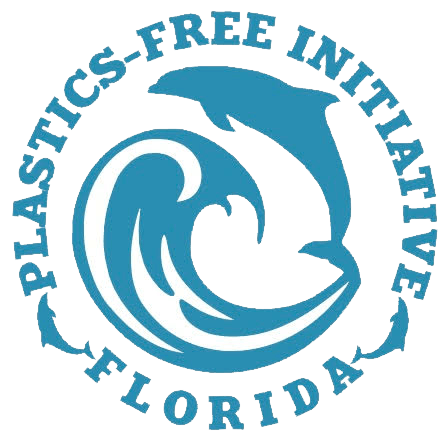
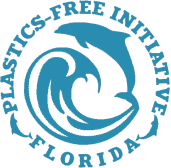
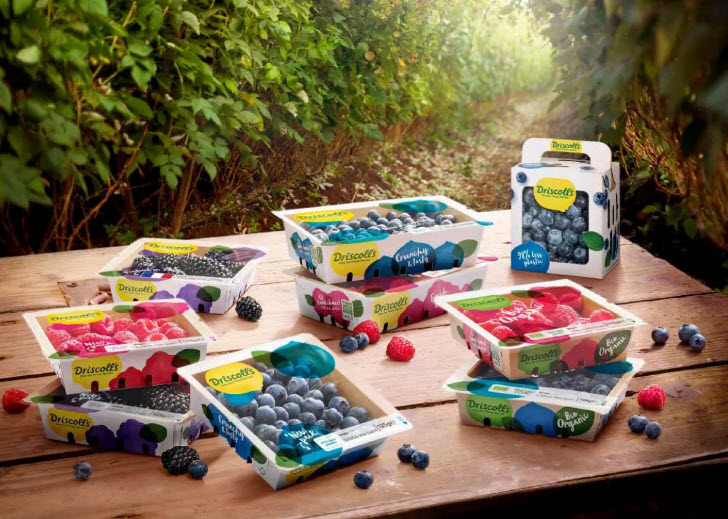

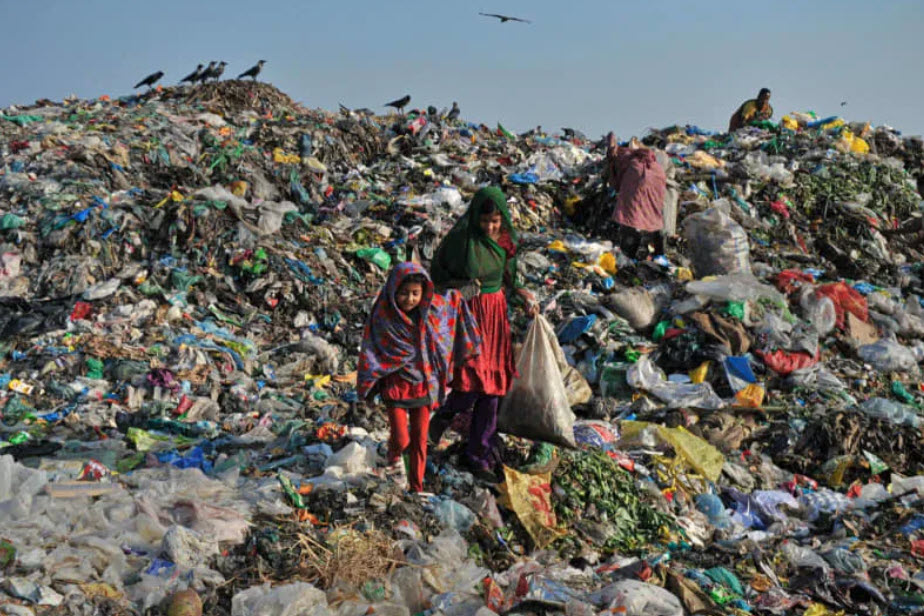

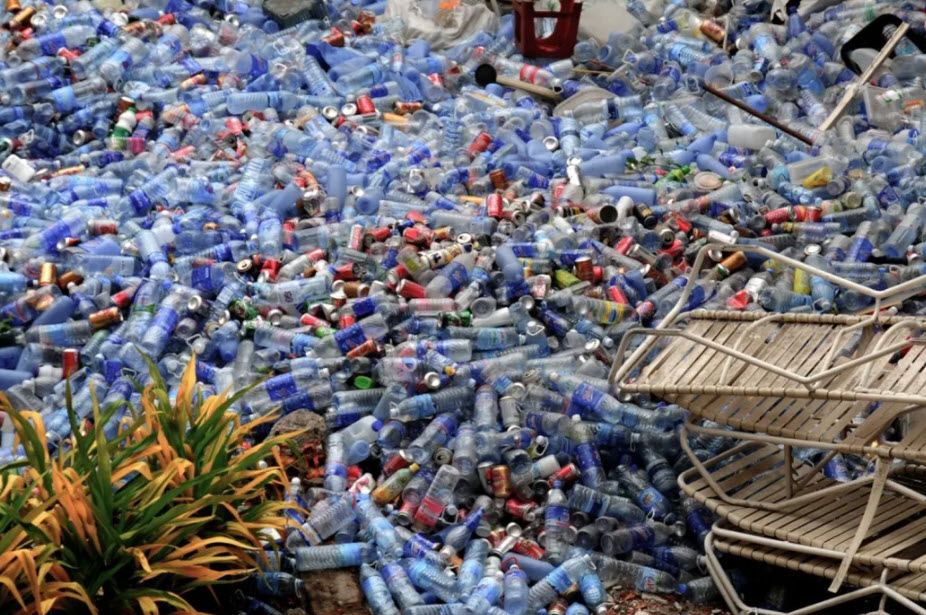
![Supreme Court poised to block Biden administration’s plan to limit health threat: ‘[It] would undermine … the public interest’ Supreme Court poised to block Biden administration’s plan to limit health threat: ‘[It] would undermine … the public interest’](https://plasticsfreeinitiative.org/wp-content/uploads/2024/03/supreme-court-block.jpg)
